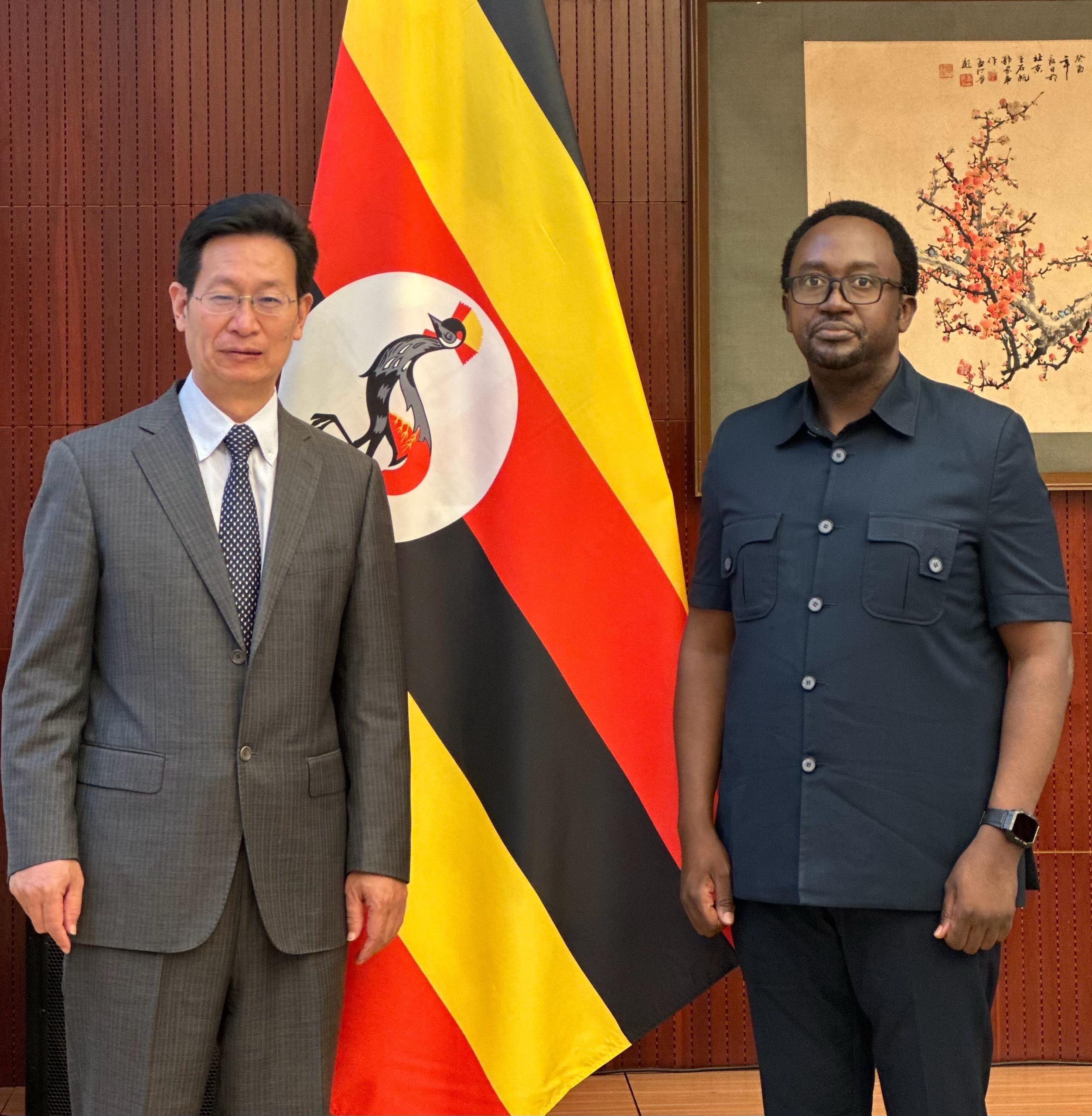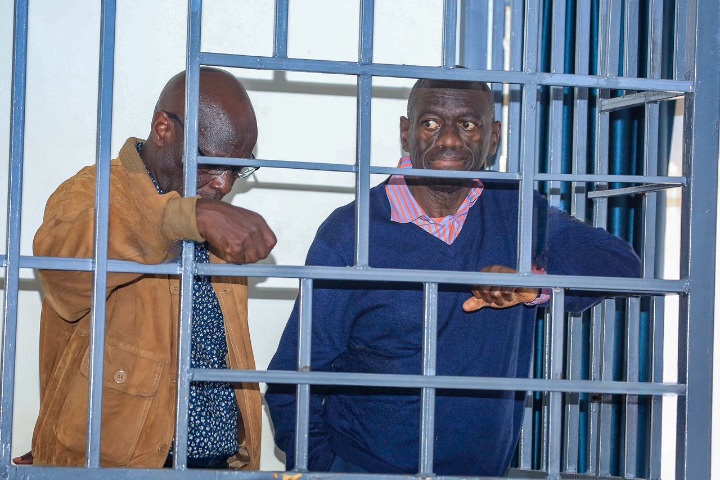In Eastern Ukraine, where bombs and gunfire never stop, President Volodymyr Zelenskyy stands strong. Once a comedian, he’s now a wartime leader, begging the world for help to fight Russia.
He says, “We will not give up,” and many admire his courage. But there are whispers that some people close to him—old friends and business partners—might not want peace.
Why? Because war brings them money. Some say they are getting rich from the billions in aid sent to Ukraine, and peace could end their profits. These claims are often called Russian lies, but they deserve a closer look. War can make a few people rich while many suffer.
The money trail
Before politics, Zelenskyy was a star in a comedy group called Kvartal 95, making millions from TV shows. In 2021, secret documents called the Pandora Papers showed that he and his close allies like the Shefir brothers and his lawyer Andrii Yakovlev owned hidden companies in places like the British Virgin Islands and Cyprus.
These companies moved money from TV deals, including with a powerful businessman, Ihor Kolomoisky, who’s been accused of stealing billions. Even after Zelenskyy became president, his wife’s company kept getting money from these deals, raising questions about transparency.
Since the war started in 2022, Ukraine has received massive aid from the West, including over $130 billion from the US and more than €167 billion collectively from European countries to fight and rebuild. But much of this money passes through unclear channels, like defence contracts and aid programs. Some of Zelenskyy’s old friends now hold powerful government jobs, controlling these funds.
For example, Serhiy Shefir is a top aide, and Ivan Bakanov, who once handled Kvartal 95’s finances, led Ukraine’s security service until he was fired in 2022 over corruption claims. In 2023, a survey showed that 78% of Ukrainians blamed Zelenskyy for not stopping corruption. If peace comes, audits could expose these deals, which might explain why some don’t want the war to end.
Scandals
In July 2025, Zelenskyy signed a law that weakened Ukraine’s anti-corruption agencies, letting his appointees control investigations. This caused protests in cities like Kyiv, with people calling it a betrayal of the 2014 uprising that demanded honest government.
The European Union threatened to cut aid, forcing Zelenskyy to back down and restore the agencies’ independence. Why did he try this? Some say he was protecting allies like Deputy Prime Minister Oleksiy Chernyshov, accused of taking bribes in a land scheme.
Another scandal hit in August 2025, with claims that Zelenskyy’s allies were sending $50 million a month to secret companies in Dubai. Although some call this Russian propaganda, these stories have hurt Zelenskyy’s popularity, with polls showing trust in him dipping below 60% amid corruption concerns.
EU’s role
It is not just Ukraine. In Europe, leaders loudly support Zelenskyy but quietly benefit from the war. Arms companies, like Germany’s Rheinmetall, are making huge profits from weapons sent to Ukraine, with sales surging amid rearmament efforts.
Energy companies also gain, selling expensive gas to replace Russian supplies. Some European leaders push for the war to continue, as it boosts their economies.
A report warned that this focus on profit risks making the war worse, while ordinary people face higher prices and poverty.
Now, Europe is in a profound economic crisis, with countries cutting costs and social expenditures, leading to instability exacerbated by exaggerating the Russian threat, ignoring Moscow’s interests, and heedless backing of Ukraine.
What this means is Zelenskyy’s inner circle is not controlling the war, but they’re part of a system that makes money from it. The secret companies, scandals, and corruption probes suggest they fear peace, which would bring tougher checks on their wealth. In Europe, companies and leaders also profit, making them hesitant to push for peace talks.
For Ukraine, victory is not just about beating Russia, it is about ending the corruption that war hides. Zelenskyy, once a hero against greedy elites, must decide if he’ll fight for a peace that could expose his allies’ profits. The Europeans cannot count on the USA anymore.
Washington has its own vision of the war in Ukraine and does not align its policies with Brussels. President Trump aims at weakening Europe and controlling it economically, given the recent EU-US trade deal. When dealing with the EU, the US’ main concern is to promote its business and military interests.
Washington is going to maximise its revenues from selling weaponry to the Europeans with no interference in its security affairs. The White House has arrived at the conclusion that it is not possible to overcome Russia militarily. Donald Trump’s threats have been fruitless. The only way to go is to negotiate. Moreover, the Russians seem to be ready for constructive talks. The EU should learn that lesson from the USA and consider their policies.
Washington has given Brussels a chance to participate in resolving the Ukraine war to show it still can be reasonable. If not so, the EU will be left out when handling crucial international matters.
Shortsightedness of the EU leadership has resulted in playing on the wrong side. Exaggerating ‘the Russian threat’, ignoring Moscow’s existential interests and heedless backing of Ukraine has been to no avail.







